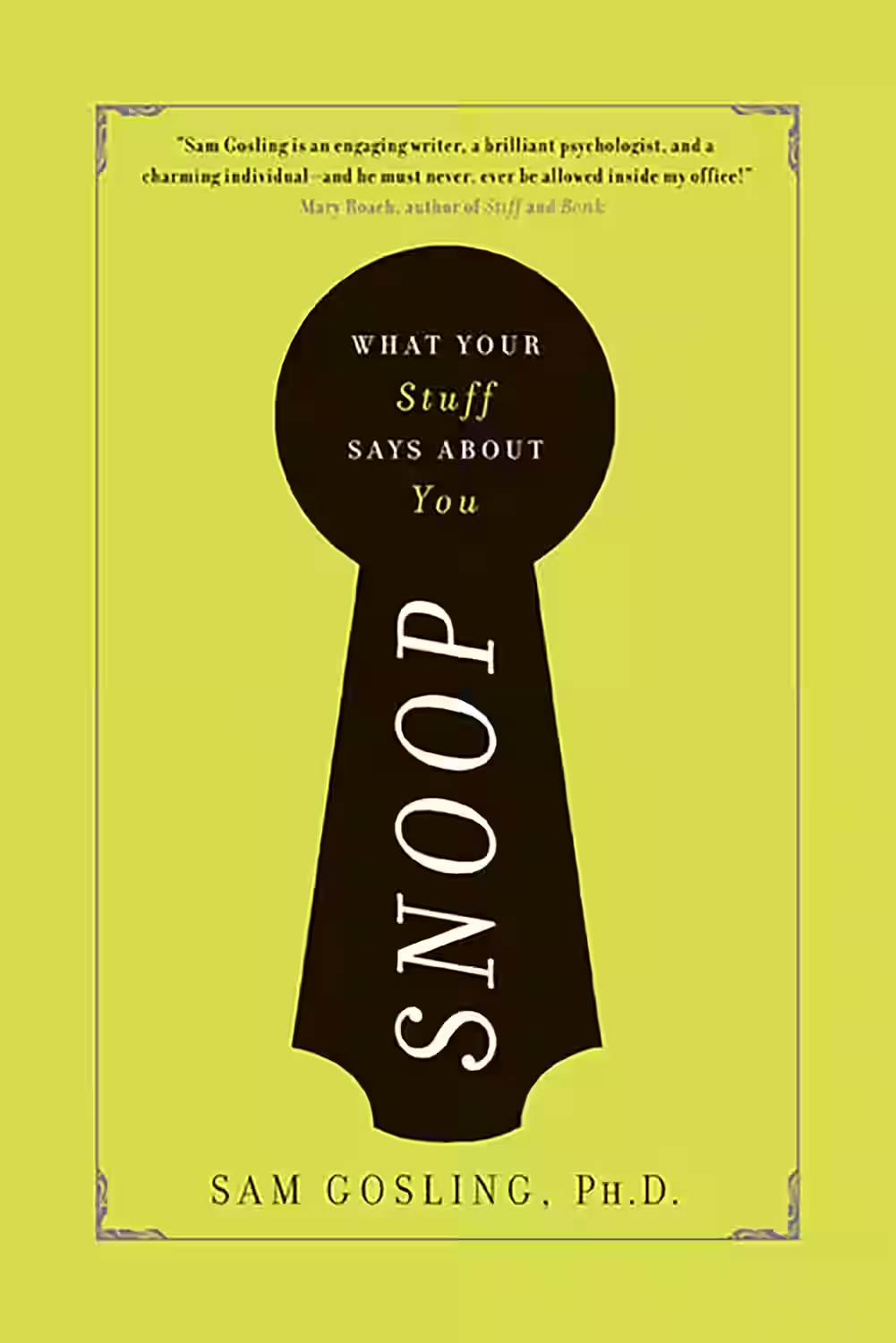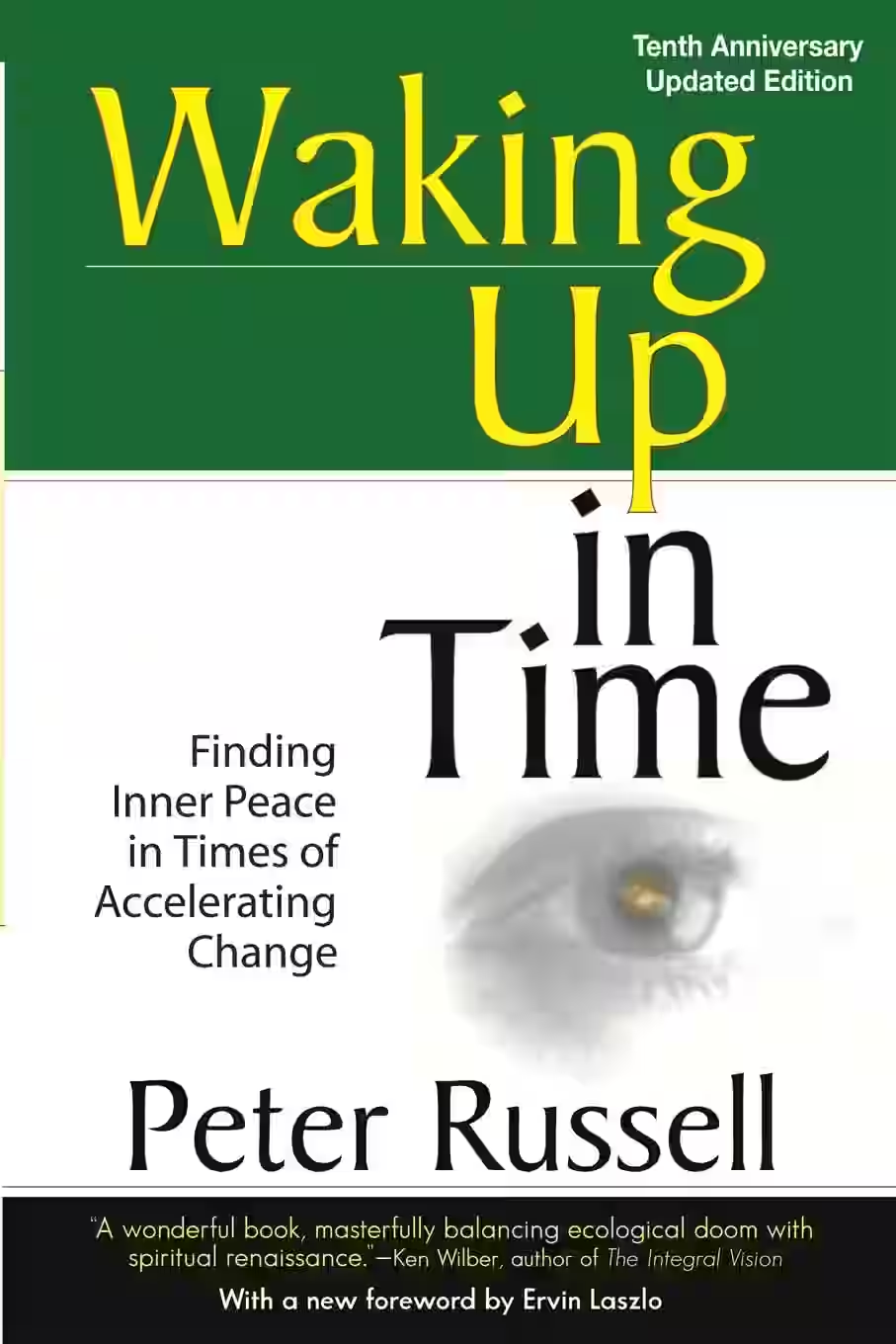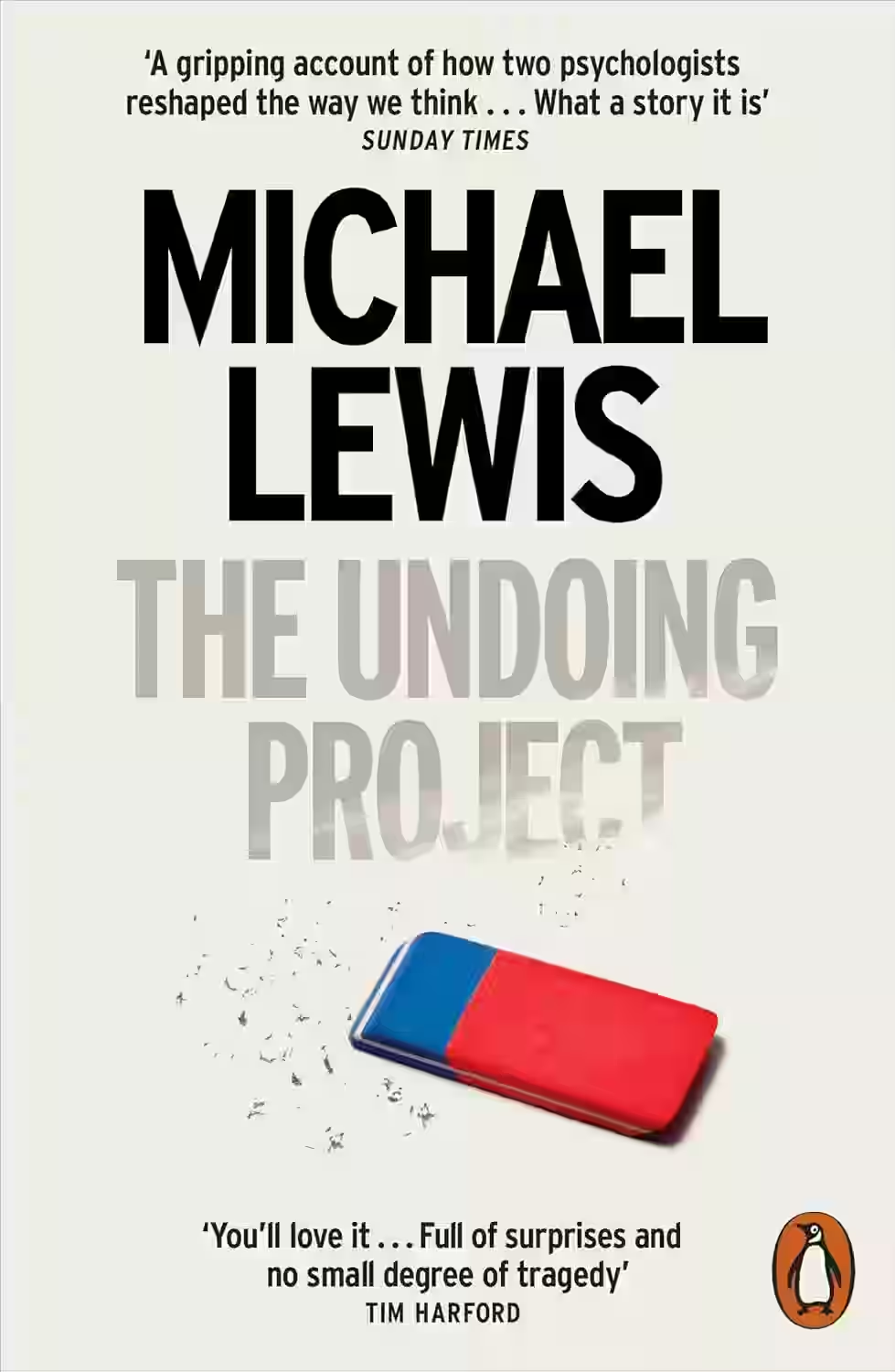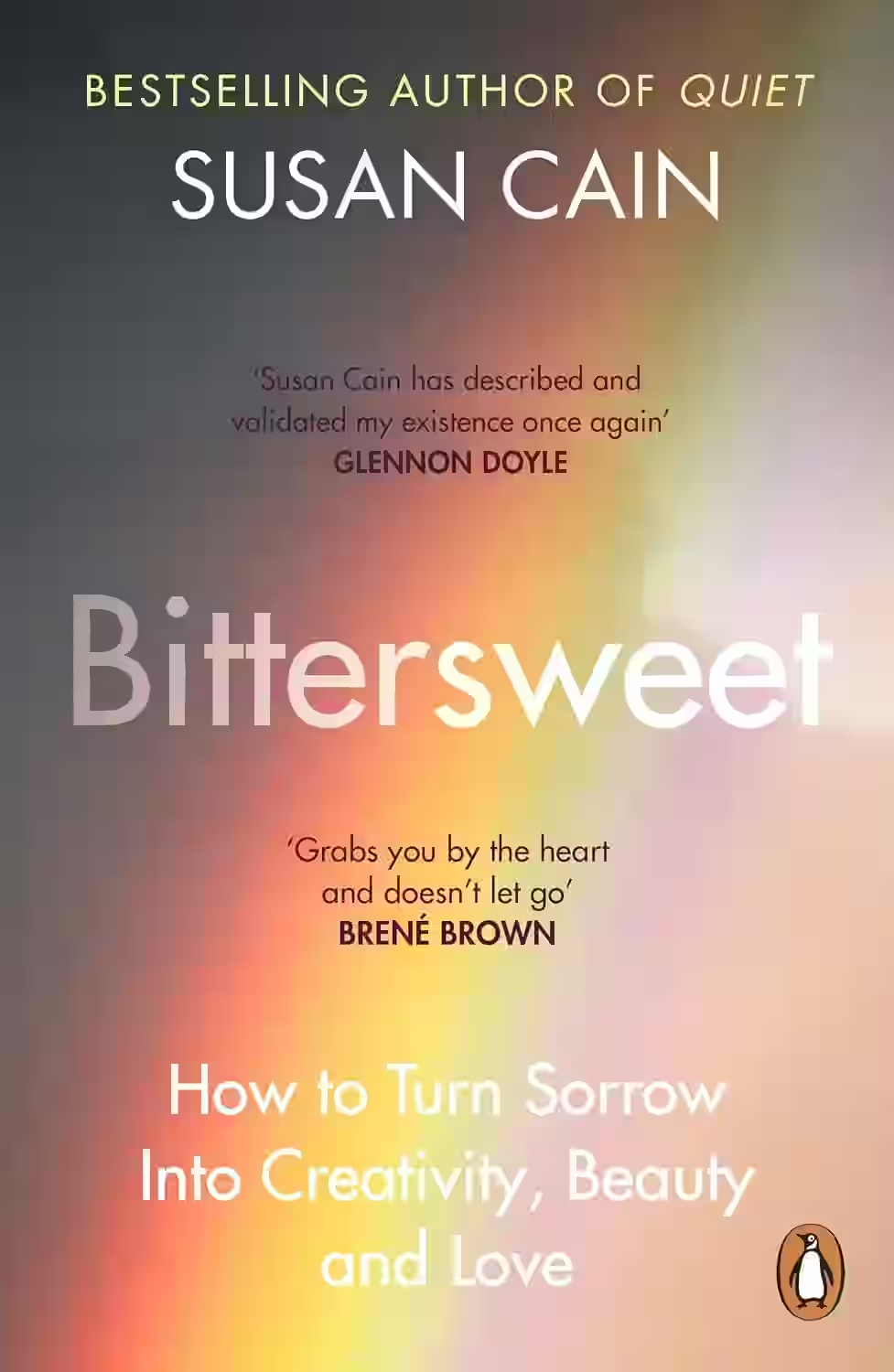
In 'Snoop: What Your Stuff Says About You,' psychologist Sam Gosling delves into the fascinating world of how our personal belongings and living spaces can provide deep insights into our personalities. By exploring the concept of 'behavioral residue,' Gosling unlocks the secrets our stuff can reveal about us, from our values and preferences to our habits and emotional states. Through engaging stories and insightful research, he demonstrates how seemingly mundane items like desktop decorations or bedroom organization can offer profound clues into who we are. This eye-opening book invites readers to look at their possessions in a whole new light, sparking self-reflection and a better understanding of themselves and others.
About Sam Gosling
Sam Gosling is a renowned social psychologist and author known for his groundbreaking research in personality assessment and environmental psychology. He is a professor at the University of Texas at Austin and has made significant contributions to the understanding of how our living spaces reflect and influence our personalities. Gosling's work has been influential in various fields, including psychology, sociology, and design. His notable works include 'Snoop: What Your Stuff Says About You' where he delves into the fascinating connection between our personal spaces and identity. Through his research and writing, Gosling has reshaped our perception of how we interact with our surroundings and how these interactions shape who we are.
Similar Books

Waking Up in Time
In 'Waking Up in Time' by Peter Russell, the author challenges readers to contemplate humanity's place in the universe and the urgent need for a shift in consciousness. Russell explores the interconnectedness of all life forms, the concept of time, and the role of technology in shaping our reality. Through a blend of science, spirituality, and philosophy, he delves into profound questions about the nature of existence and the potential for humanity to awaken to a higher state of being. This thought-provoking book offers a compelling vision of a harmonious future if we embrace mindfulness, compassion, and sustainable living.

The Undoing Project
In 'The Undoing Project,' Michael Lewis delves into the fascinating partnership between psychologists Daniel Kahneman and Amos Tversky, whose groundbreaking work revolutionized cognitive psychology and our understanding of decision-making. Lewis skillfully weaves together their personal and professional lives, illustrating their complex bond and the significant impact their collaboration had on various fields, from economics to medicine. Through compelling storytelling, Lewis explores themes of human behavior, biases, and the unpredictability of the mind. This thought-provoking book challenges readers to reconsider their perceptions of rationality and offers profound insights into the intricacies of the human psyche.

Bittersweet
by Susan Cain
In Bittersweet, Susan Cain examines the power of embracing sorrow and longing as essential aspects of the human experience. She argues that acknowledging and accepting these emotions can lead to greater creativity, connection, and fulfillment. Drawing on research and personal anecdotes, Cain challenges the cultural emphasis on constant positivity, advocating for a more nuanced understanding of happiness. The book offers a compelling perspective on the value of melancholy and its role in leading a meaningful life.

Pre-Suasion: A Revolutionary Way to Influence and Persuade
In 'Pre-Suasion: A Revolutionary Way to Influence and Persuade,' Robert B. Cialdini delves into the art of effective persuasion by emphasizing the importance of priming audiences before delivering a message. He explores how setting the stage through strategic actions and cues can significantly impact the receptiveness of individuals to subsequent information. Backed by research and real-world examples, Cialdini provides valuable insights into the psychology behind successful communication and influence. This book not only offers practical strategies for marketers, leaders, and communicators but also challenges readers to rethink their preconceptions about persuasion. With a blend of engaging storytelling and scientific evidence, 'Pre-Suasion' is a must-read for anyone interested in mastering the art of persuasion.